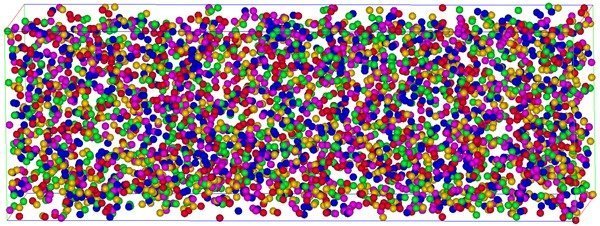Solid-liquid interfaces are at the heart of many problems of practical importance, such as water electrolysis and batteries, photo catalytic water splitting, electro-catalysis, or corrosion. Understanding the structures forming at surfaces of solids immersed in an aqueous electrolyte is, therefore, of particularly high interest. In this project, we…


